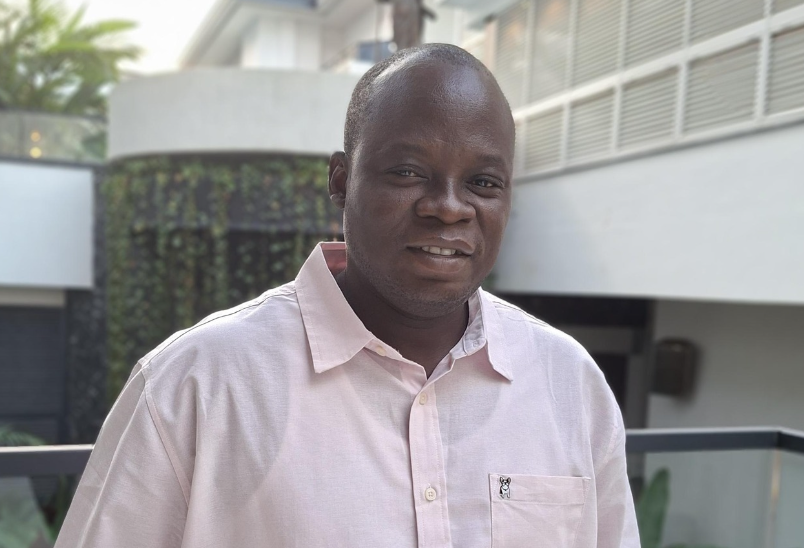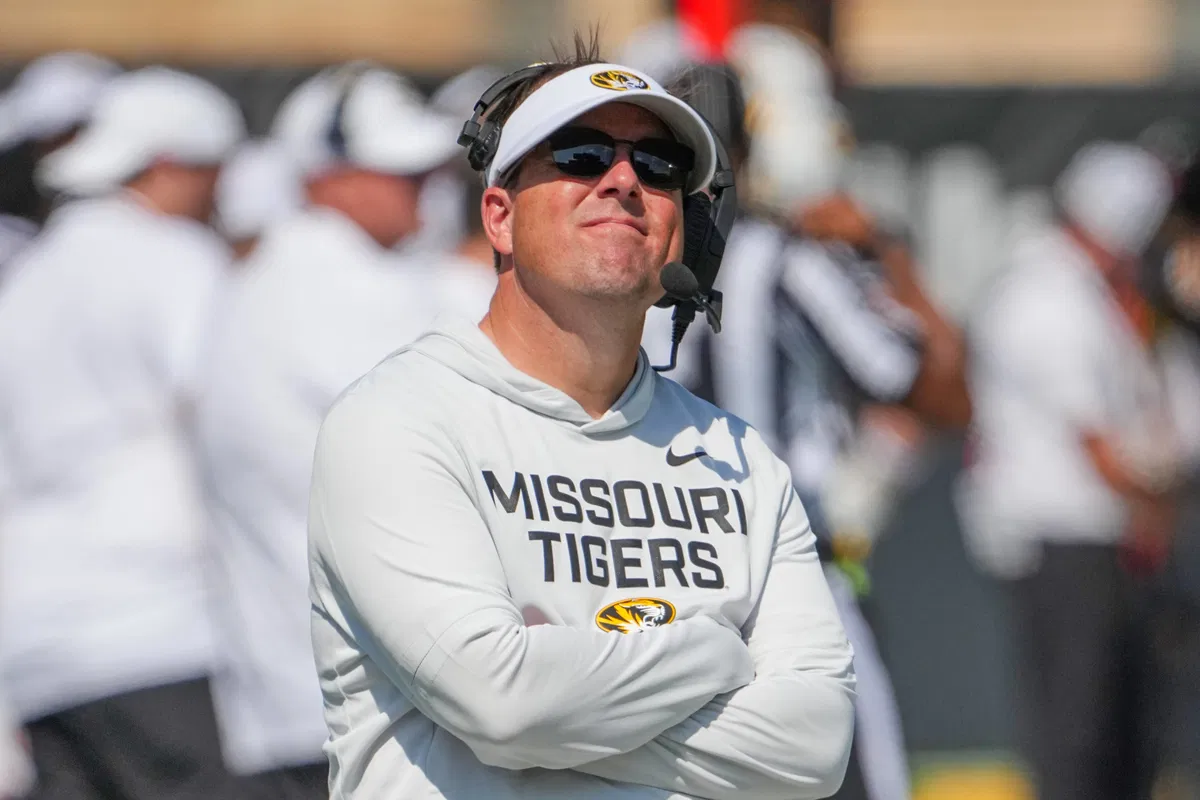Copyright Charleston Post and Courier

CHARLESTON — More than 75 people gathered on the spacious porch of the historic Rice Mill, soaking in the shimmering views as the sun shone over the harbor. Partygoers sampled a buffet of Southern cuisine with a Lowcountry boil, shrimp and grits, and tomato pie of paired with a personal collection of bourbon. They clinked their glasses in toast to a loved one. The party wasn’t a traditional celebration, as one imagines a birthday or anniversary fete. Rather, it was a funeral. Charleston has long been hailed as a city of hospitality, but one local funeral home has taken what was once a somber, standardized process and transformed it into a more personal experience paying tribute to loved ones who have passed with joyful parties and outings. And it’s all thanks to a new partnership. McAlister Smith Funeral & Cremation, a fifth-generation funeral provider with more than 100 years serving the area, joined forces this summer with Charleston-based luxury concierge brand Holy City Affairs to reimagine how families offer final farewells. Holy City Affairs helped facilitate the Rice Mill gathering from start to finish — beginning at a Catholic church then shuttling all 75-plus guests to the venue — and brought in McAlister’s memorial services along the way, Funeral Director Parker Smith said. “It’s really about letting the family be in the moment and properly grieve rather than planning an event within hours of hearing a death,” Smith said. “We really tailor to the families and it helps so much.” McAlister will always offer traditional memorials and burials, Smith said, but now its wheelhouse includes more celebratory and outside-of-the-box services that bring people together in a way that better represents who their lost loved one was. Events include sunsets at sea on private or chartered yachts to scatter remains or host quiet moments of reflection, as well as legacy dinners in luxury oceanfront or downtown homes paired with private chefs and staff. “You don’t go to funerals very often, so you may not know what’s possible now,” Comfort said. “So when we talk to families, we ask ‘What was your loved one like? What was their favorite thing to do?’” Her firm can step in to help with guest coordination, such as booking hotels, air transportation, valet services and shuttle buses for out-of-town guests to travel with ease and avoid long processions and the need for maps in a foreign city. Staff also provide support for the in-between moments — the housekeeping and dry cleaning, errand running, stocking of the pantry and wine cellar, floral installations, pet and child care, and more. “We would get a lot of requests over the years, ‘Do you have a real estate agent? Do you have someone who could cut the grass? Do you have someone who could wash my mother’s car?’ “ Smith said. Sure, McAlister has its list of limo companies and caterers, he added, “but we really needed a single source to go to that could do everything” given the amount of families they serve and growing requests. Ahead of the curve The move is a cultural shift with national implication and the companies have garnered recognition from around the country for the partnership, Smith said. “I’m not going to say we were one of the first, but I believe we are early adapters of this,” he noted. “There are a lot of old-minded ways in funeral services and I wanted to crush those norms and be really forward thinking on all aspects.” Comfort said HCA has been hosting events for more than 30 years, so supporting clients during funerals was a natural fit — although with different distinction. Memorial services often have a quicker timeline given they need to happen within a few days compared to the longer runways for weddings or birthdays that can be planned a year in advance. “There are so many decisions that have to happen in rapid fashion and the goal of the partnership is really if the family needs anything, we are there to help them facilitate it,” Smith said. HCA is involved from the first call onward, Comfort said. Staff then have a protocol to follow. “It’s making sure and reminding our team that this is quieter, softer, and requires more dignity, care and empathy,” Comfort said. She noted employees on both sides “really see the vision and see that it’s going to be the future of funeral services and that the future of after care is full-service events and celebrations of life.” The history of funerals spans thousands of years, from ancient burial rituals all the way up to modern practices that tend toward dressing in black, funeral processions to cemeteries, and large gatherings afterward with homemade casseroles and fond stories of the loved one who passed. Services evolved, in particular, as the pandemic forced people to reimagine what a traditional funereal gathering looked like. Cremations also have increased with the country being so transient, Smith said. People don’t want to bury a loved one in a hometown cemetery they may only go back and visit once every 10 years. Instead, cremation provides the opportunity to bring a loved one with you on the move or to scatter ashes in memorable places. “I think since COVID, people are more open-minded, and they want a celebration,” Smith said. “For years, everyone was kind of confined and not able to celebrate weddings, funerals, parties, holidays. They want life events and they perceive value in a full-fledged service.” He added, “But there will always be traditional burials.”



